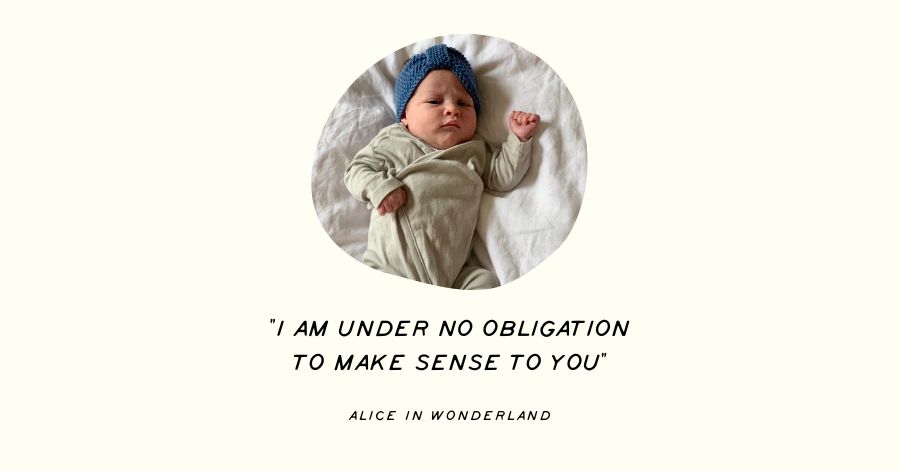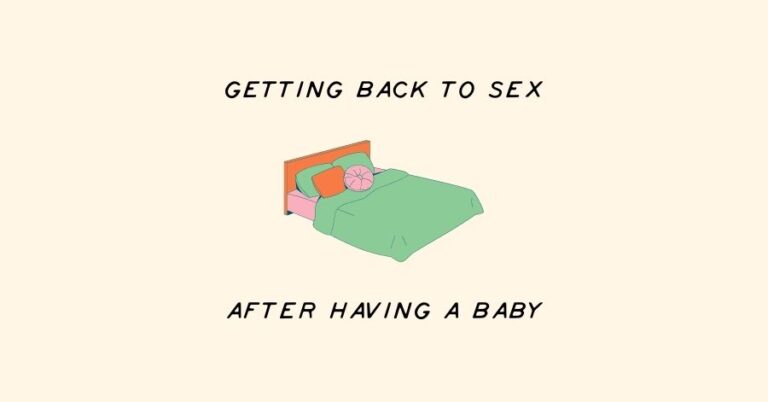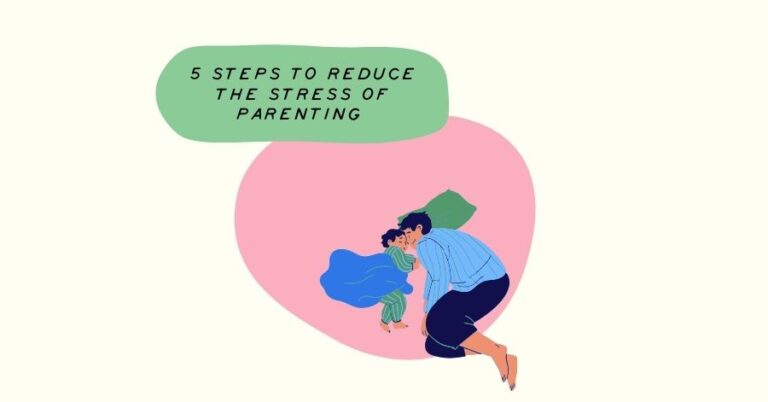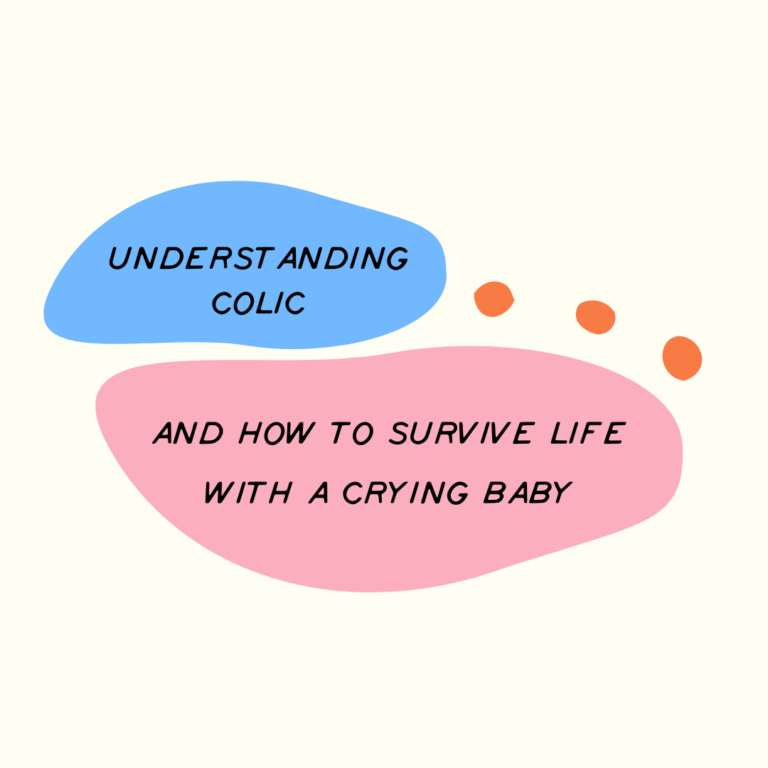“Unsettled behaviour that usually occurs in the late afternoon and evening, continuing for several hours of fussing on the breast; wanting to feed but pushing it away, vomiting or regurgitating, curling their legs and arching their back, fighting every attempt to soothe, and crying, screaming hysterically, red faced, inconsolable.
It is very common and can be considered part of normal development. The crying and fussing is a reflex reaction to food going down, to wind, to movement, to changing a nappy etc. It responds minimally to any intervention, is erratic, with normal calm periods confirming that the child is actually ok. And ……. it always gets better.”
“An infant’s unbearable screaming, shattering parents all over the world, causing extreme sleep deprivation, emotional landslides and mass hysteria.”

If these definitions sound familiar, know that you’re not alone in dealing with this baffling baby phenomenon. Many parents bear witness to several of these signs and yet don’t have a definitive answer as to why this is happening to their newborn.
Is it wind? Perhaps some disturbance in the gut? The most likely reason may prove frustrating…
“Most of the parents I see in my practice describe their colicky child as having a lot of wind. However, as I observe it, even angelic calm babies can have the same amount of wind. They just do not react to the wind by crying. So, it is not about wind. It is just about the crying,” – Dr Leon Levitt
Colicky babies cry when anything (including swallowing, vomiting, wind from both ends) happens to them.
You may wonder why then, when the baby finally gets the burp out, do they settle down? Surely that means that the wind was causing the crying?
“Actually, this only reinforces my explanation of the baby’s behaviour, rather than confirming that the child is in pain from the wind. Their child reacts with a cry. Others react differently.
‘Colic’ sounds like some disturbance of gut function, but in fact we just do not know what causes this behaviour. So I prefer to call it the “Crying Baby Syndrome”, as the only thing we know for certain is that the baby cries, and cries, and cries.” – Dr Leon Levitt

It’s natural to think that when your baby is crying, they are trying to communicate something; that they are uncomfortable or in pain. However, this is not so.
Just like the startle or the grasp reflex, crying is a reflex. There does not have to be an emotional, or even physical reason behind the cry.
The baby is most often crying in an automatic response to hunger, to movement, to touch, to temperature change or for no obvious reason whatsoever. These are natural reflexes, different for each child in degree, some louder or some longer, some with a cry, or a grunt, or a grizzle, or a full on screaming fit.
None of these are choices and none reflect pain on the vast majority of occasions. Crying is not a choice, nor a process where the baby is thinking, “I am hungry, so I better cry and get my parent’s attention.” They are not thinking at all, yet.
“You must still respond to the cry; the parent/baby bond is built on your preparedness to respond and be close. The cry may be about normal healthy reactions to hunger, wind, wet nappy or tiredness. These are not pain or distress, just the automatic reflex cry that the baby is wired to repeat in any of these situations,” – Dr Leon Levitt

The first step to take in coping with colic is to throw out all expectations you may have of your baby being consistent (for now).
“From weeks 6 to 14, babies are not fully interactive, but they are getting there. So, sometimes they respond to us predictably as would an older baby, and at other times the automatic primitive reflexes take control and they behave apparently irrationally.” – Dr Leon Levitt
When your crying baby has pushed you to the edge, learning to pause and take a deep breath gives you a chance to choose a response, rather than react from stress and emotion.
“Colic is a phase. It is transient. It always gets better.” – Dr Leon Levitt
So what can you actually do for your baby? To ease them through this colicky period, Feed, Burp, Cuddle, Change (read this blog for a full breakdown on this strategy). And if you have done all this and bub is still screaming, just do it again (and again) until the night is over, or this stage is over.

When you are at the end of your tether and about to break down, give the child to your partner and take a break. Sharing the load reassures you both that you’re in this together, and makes it easier to recover in off periods.
Sleep deprivation affects your ability to cope. It reduces your ability to care for your baby, changes the way you communicate with your partner, and can trigger postnatal depression in those already predisposed.
Take control of your sleep before it takes control of you.
Speak to a Baby Steps GP for tips on how to manage sleep deprivation.

“Surviving this time with less stress in your life is key. For in the next stage of the baby’s life you will want the atmosphere to be a loving supporting one, in which a settled older child will thrive. This will be the 4-6 month stage, a great time in your baby’s life, full of round faces, full cheeks, smiles and dribbles, flapping arms and chubby thighs. This is joy! It is around the corner once you survive the colicky days and nights.” – Dr Leon Levitt
Parents must find the right coping strategies to suit their family. How long a parent is prepared to hold their baby, and how long they are prepared to let their baby cry is personal, and will vary greatly from family to family. But there are two strategies that are vital to surviving colic.

Sharing your experience with a friend or with other parents of colicky babies can help ease the feeling of isolation. A search in social media groups may reveal coping strategies you might not have considered, from real people who are also going through the same thing. Seeking support from a GP is just as important, as expert advice is invaluable in this period.
No parent can survive colic alone. You will need help from a partner, family member or babysitter. This means having someone else hold and settle your baby. Use this time to read, walk, meditate or sleep. This alone can save your sanity.
Rethinking what colic is and how to respond to it is difficult, but remembering that it is temporary may be the thing to get you through.
“You have to focus not on curing the child, as it is not ill, but rather on responding to their crying behaviour. Try to soothe as best you can, and just survive this period, because it is temporary and resolves spontaneously.” – Dr Leon Levitt
“Fourteen weeks is usually the time when colicky behaviour tends to disappear. Colic is just another reflex behaviour, and its natural disappearance at this time supports the understanding of the child transitioning out of this primitive phase of its life,” – Dr Leon Levitt
Knowing that colic has an end date is a small comfort but it’s understandable to want to fast track that relief. Unfortunately, few solutions actually work better than time, patience and support.

You might be tempted to try every colic mix from the chemist, consider reflux treatments, look for tongue-tie and get probiotics for which, at this stage, there is absolutely no evidence.
Although many babies who have colic also have reflux symptoms, there’s no evidence that reflux medication reduces crying and fussing. The colic mixes have minimal benefit, but do come with possible side effects.
Naturopathic or homoeopathic medications are not recommended for treating colic; there’s no evidence that they work or are safe for young babies.
While probiotics is an exciting possible area of gut health, there is currently no evidence at all for their use in infants.
Changes to mother’s diet
If allergy is the cause of your baby’s excessive crying (rather than colic), then other red flags will be present, such as diarrhoea, excessive vomiting, poor weight gain, family history of food allergy or eczema. If your GP has diagnosed your baby with food allergy, you’ll need to manage your diet carefully.
True milk allergy is uncommon in bottle-feeding babies. Babies that do have a milk allergy will likely show red flag signs.
Colic happens and while it’s often a case of waiting it out, it never hurts to seek professional advice.

If any of the following applies to your baby, do not hesitate to book an appointment with your GP
It may also be helpful to talk to a GP if you identify with the following
It is absolutely okay to seek help or reassurance if your baby does not show physical warning signs. Colic affects parents as much as it does babies and it’s only fair that, since baby has the necessary support (in you), you deserve some support of your own.

Colic (or Crying Baby Syndrome) presents itself through a collection of behaviours
But it is normal and it does pass.
The most important thing is that parents survive this period (preferably with their sanity intact). Implementing coping strategies and seeking help is crucial in getting through this temporary stage.
For help with your colicky baby, book a Crying Baby Consultation.


Practical and gentle advice on getting back to sex, from GP Obstetrician Dr Leon Levitt. He discusses everything from communication in relationships to contraception.

Stress in parenting has reached epidemic proportions. How can we take the natural stress and worry of parenting, and stop it from becoming excessive? By following these 5 simple steps from Dr Leon Levitt.

What does it mean when my baby cries? How do I know if they have colic or reflux? Dr Levitt provides all the answers when it comes to unsettled and crying babies.
We acknowledge the traditional custodians of the land on which Baby Steps stands and we pay our respects to Elders past, present and emerging. The land on which we live and work always was, and always will be Aboriginal land.
© 2024 Babysteps Health Centre | Terms of Service | Privacy Policy | Shipping & Returns
The Clinical Guidance Committee advise Baby Steps on all clinical matters effecting the health practitioners within our centre. It’s members gather together to discuss and develop guidelines relating to:
Meetings are held several times a year, or at the request of Baby Steps for specific clinical advice. It is lead by a chairperson and educational coordinator, elected by the group of participating health practitioners.
Baby Steps supports the independent businesses of:
If you’re looking for support, contact our Practice Manager Michelle Bredemeyer
pm@babystepshealth.com.au
08 9387 2844